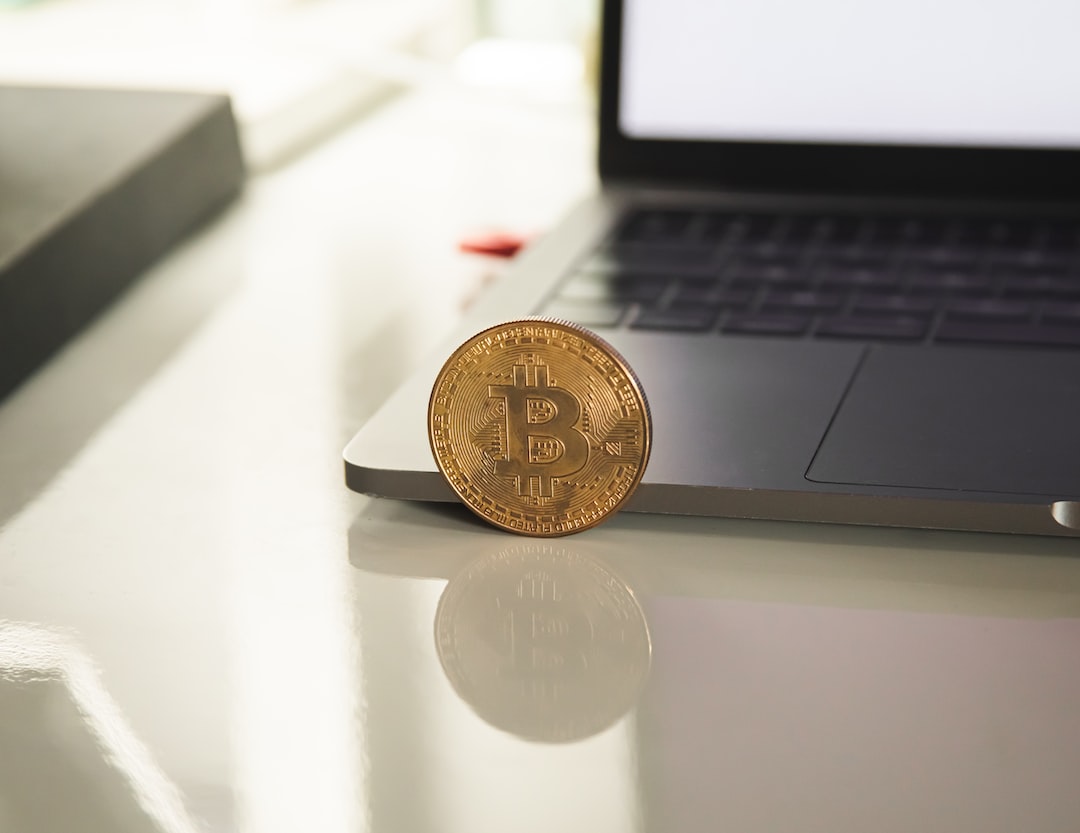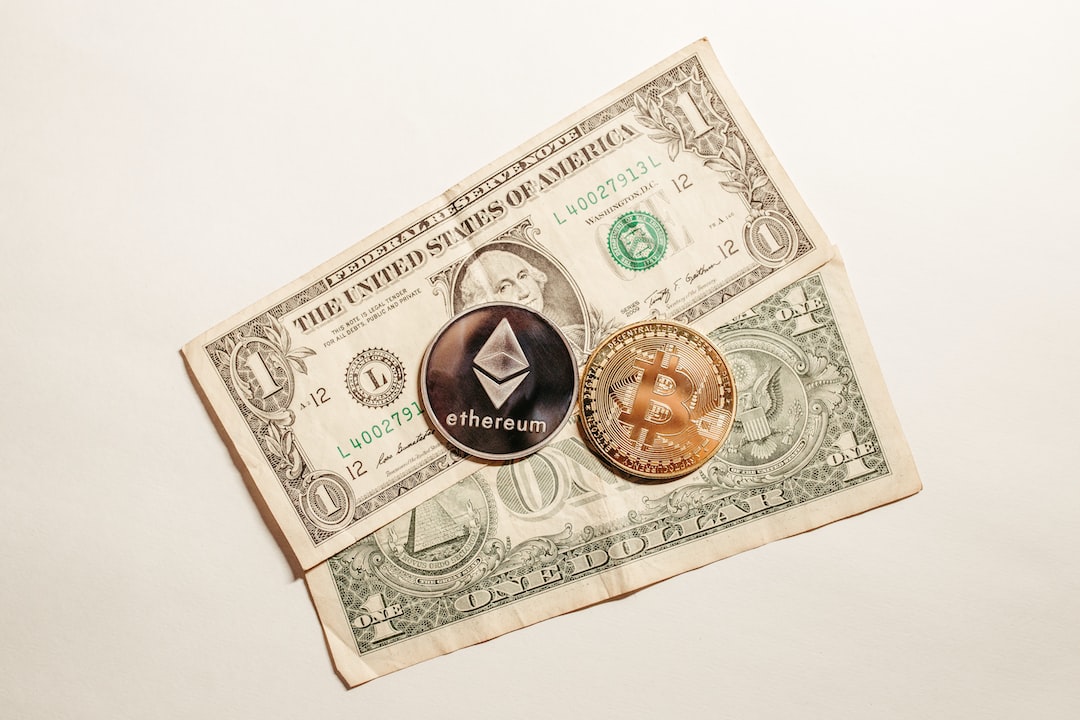John Deaton Criticizes SEC’s Approach to Cryptocurrency Litigation
On 21 August 2023, John Deaton, a prominent American attorney closely following the SEC v. Ripple lawsuit, expressed concerns about the SEC’s handling of cryptocurrency litigation. Deaton pointed out the SEC’s inconsistent arguments and its approach to various crypto cases.
SEC’s Approach in the Ripple Case
- Hinman’s Speech: Initially, the SEC claimed Hinman’s speech was his personal opinion, not official guidance. However, they later changed their stance, stating Hinman was speaking in his official capacity as the Director of Corporation Finance.
- Definition of the Common Enterprise: The SEC’s definition of the “common enterprise” in the Ripple case has shifted. Initially, Ripple was identified as the common enterprise, but later the entire XRP ecosystem was included. Eventually, the SEC argued that the XRP token itself represents the common enterprise.
- XRP as a Security: The SEC’s position on whether XRP is a security has been contradictory. Initially, they argued it wasn’t a security as it was just computer code. However, later arguments suggested that XRP embodied Ripple’s promises and represented both the investment contract and the common enterprise.
Recent Case: SEC vs. Gemini
Deaton drew parallels between the Ripple case and the SEC’s accusations against Gemini’s service, Gemini Earn. Gemini argued the SEC’s inability to clearly define the security in question showcased the weakness in their position and violated the principle of fair notice.
Deaton’s Critique
Deaton strongly criticized the SEC’s approach, particularly their inconsistency in arguments. He highlighted a federal judge’s labeling of the SEC’s actions as “hypocrisy” and accused their lawyers of lacking fidelity to the law. The judge also stated that the SEC lawyers would make any argument, regardless of consistency, to further their litigation goals.
Hot Take: The SEC’s inconsistent arguments and approach to cryptocurrency litigation, as highlighted by John Deaton, raise concerns about the regulatory body’s credibility and fairness in handling such cases. The lack of clarity and shifting positions can create uncertainty for market participants and hinder innovation in the crypto space.





 By
By
 By
By
 By
By
 By
By
 By
By
 By
By